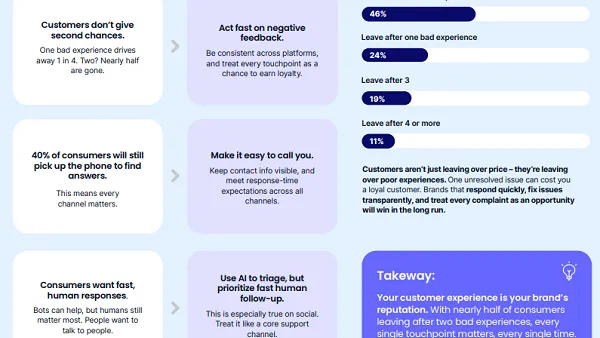Brief:
- Accelerated Mobile Pages (AMP), the Google-backed webpage format that aims to boost internet download speeds for wireless devices, is having an uneven effect on increasing user traffic for publishers. While aggregated AMP traffic was 22% higher than non-AMP traffic, only 34% of publishers saw statistically significant growth, per a study by researcher Chartbeat and the Daily Beast.
- Implementing AMP may improve monetization for publishers, but they shouldn't expect that a boost in web traffic will make up for lower ad revenue, the study said. AMP offers faster-loading pages, but the format isn't universally positive for publishers that are seeking to monetize their web traffic, according to the analysis.
- The Daily Beast first ran a study that compared articles published in a standard format with articles published with AMP. The publisher didn't see any statistical evidence of higher Google-driven page views on the AMP than non-AMP content, and revenue fell for the AMP format. Chartbeat conducted a second study of 159 publishers including the Daily Beast to compare traffic before and after the implementation of AMP.
Insight:
The Daily Beast and Chartbeat’s analysis shows that the AMP format, a stripped-down form of HTML that boosts the mobile download speeds of web ads and content, isn't a consistent winner for publishers, even as Google pushes more sites to adopt AMP to improve user experience. The quicker downloads may help boost traffic for publishers overall, but that lift doesn't necessarily translate into improved monetization efforts for individual media companies that rely on ad revenue, the study suggests. It's not clear if Chartbeat and the Daily Beast’s studies are directly comparable with other reports indicating that AMP sites have seen improvements in site performance and conversions, as Search Engine Land reported.
While the adoption of 5G networks may help to boost download speeds and lessen the immediacy for publishers to adopt AMP, Google is trying to respond to the migration of web browsing activity to mobile devices. The search giant this year started a project to convince web standards groups to adopt technology derived from AMP. Google's proposal, as outlined in a blog post, would let mobile users see faster non-AMP sites throughout the web, according to TechCrunch. The AMP framework has struggled to gain widespread adoption, which supports less than 0.1% of websites, according to one survey. Google has previously supported standardization projects only to later be accused of manipulating them for its own good.
Google originally created AMP to increase download speeds for websites that were slow to view on smartphones, especially as apps offered quicker functionality and lured people away from the mobile web. AMP also was a response to "walled garden" solutions from Apple and Facebook that offered fast mobile downloads to publishers that posted content on their proprietary platforms, per CNet. But AMP became its own walled garden of nonstandard web technology that resided on Google’s domain and showed web addresses linked to Google instead of publishers, leading to complaints from media companies.














